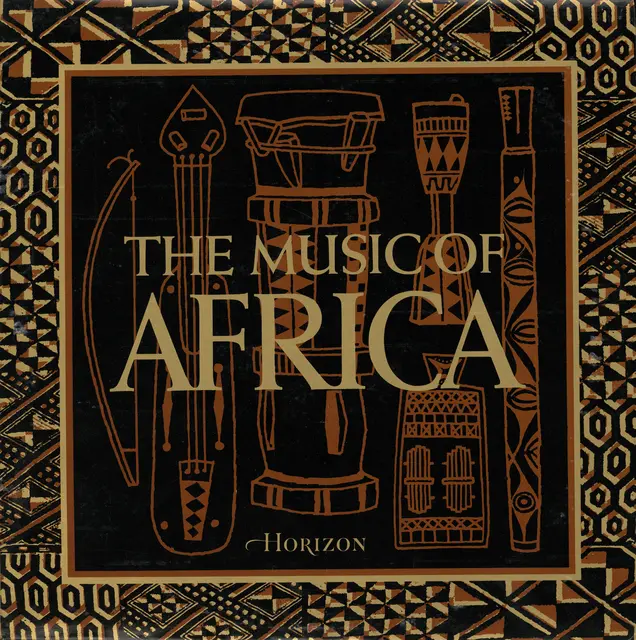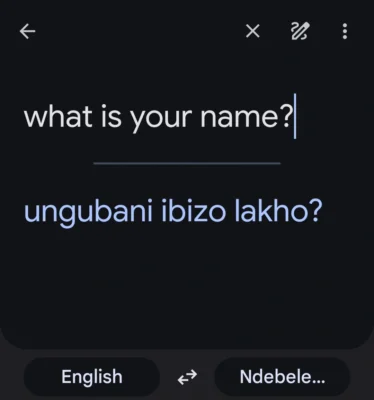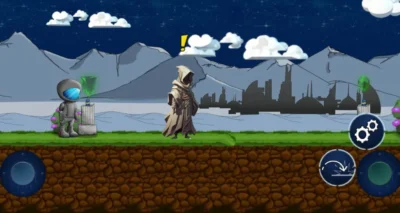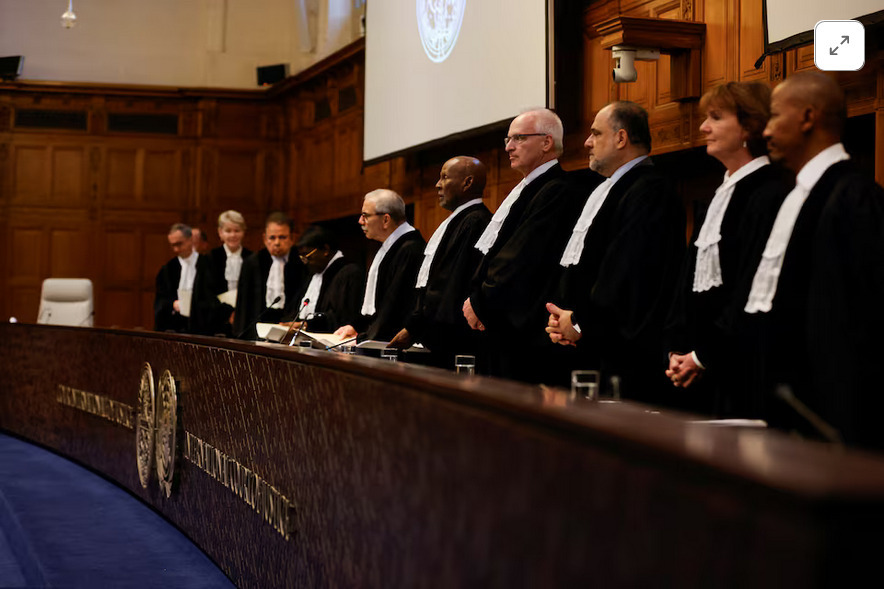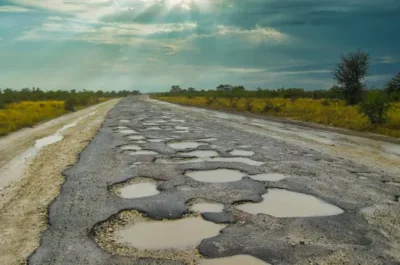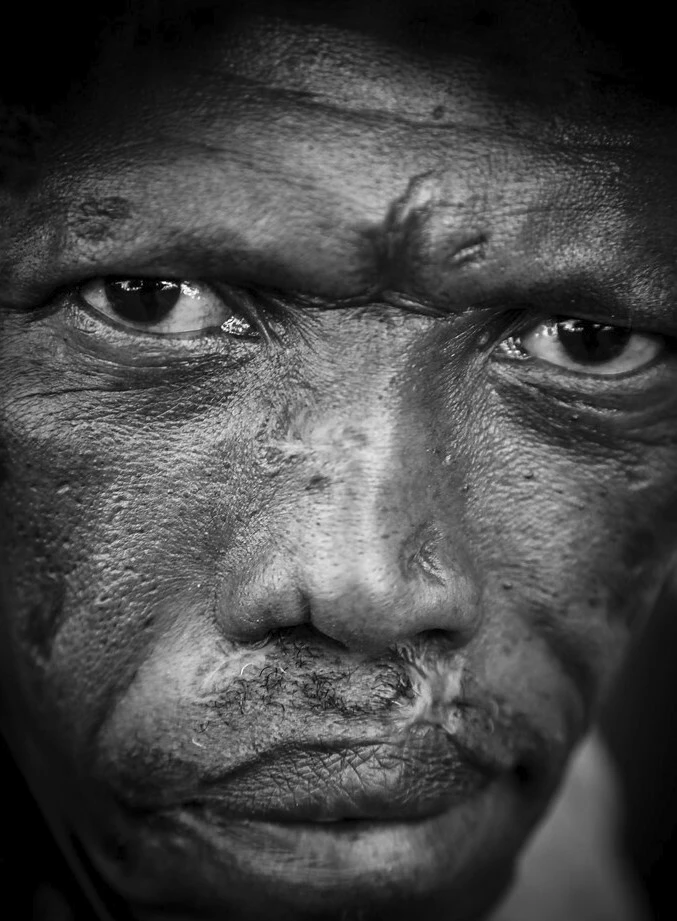Why after nearly 20 years I moved away from Vodacom – Loyalty often does not Pay

I’ve been with Vodacom since just after number porting went live in South Africa, and I’ve been on a contract with them for most of that time until after I retired from work, and no longer had a work cellphone allowance. It was just cheaper to move to a pre-paid service.
When I moved to pre-paid, I just asked them to change my contract to pre-paid, and I went on from there, topping the account up every second month or so. Whenever I topped up I saw I was offered 30% extra airtime for whatever I bought – that’s nice, so if I spent R100 I’d actually get R130 or whatever it was. But over the last 3 months after moving medical aids I do now spend up to an hour or longer talking on the phone to my medical aid and I noticed the costs are nearly R100 a call.
Today I got another offer from Afrihost to switch to their new AirMobile offering (which is a Mobile Virtual Network Operator). So I checked out the call costs and noted they were 64c per minute. I phoned Vodacom to check what I was paying as I can never see in the VodaPay app what the call rates were, and I also cannot see any history of itemised calls (except for the data use on my data SIM). I was then told I’m paying R1.53 per minute for calls! So, I get an extra 30% of airtime when I top up, but I’m paying over 100% more in costs! What a rip-off. It was explained to me that there are actually three different pre-paid plans, and I was on the Power Bonus one, but there is a different one that is only 79c per minute, if I’d like them to switch me to that one. No-one told me there were three options when I was switched to pre-paid, and I always thought there was just “pre-paid”. Well…. I replied that actually don’t worry, I’m going to rather switch providers, but I asked her to escalate the issue that no-one gave me any options when I was changed to pre-paid and how come I ended up on the most expensive one – there is no loyalty from the company after you’ve been with them for 20 years.
I’m not going to (yet) say Afrihost’s AirMobile is the best out there, but for me, it is certainly way better than I was getting from Vodacom. The whole migration was completed online and live after about 3 hours, including the RICA process and the number porting. As I have a phone with eSIM capability, I just scanned the QR code that came in the e-mail, and my eSIM was set up.
Apart from the way cheaper costs, visibility of pricing, and way simpler online management (without all the adverts and bonus offer popups in the VodaPay app), the AirMobile offering also shows me detailed usage of both the data usage and itemised phone calls with the cost for each call (no itemised billing was included on pre-paid with Vodacom).
The fact that I received a free R100 of airtime and 10GB of data from AirMobile was not at all why I changed, as I look only at ongoing monthly usage costs. But it is a nice sweetener seeing I had R88 credit left at Vodacom which I lose.
The moral of the story though is, just like with short term insurance, life insurance and bank accounts, you have no investment value in those companies at all, no matter how long you’ve been with them. If you want a better deal, you need to look around and then just make a move. An exception may be if you get quite hefty loyalty bonuses, like I get from my short term insurance for no claims. But still, factor that in and decide if you want to move after your bonus is paid out, or weigh up what you will save overall over 3 or 5 years anyway.
So, let’s see how this goes with Afrihost. Afrihost has been my fibre ISP for the last few years, and I’ve been really happy with their service so far. My migration described above, though, was purely my own initiative, and all I received was the standard migration package and pricing that everyone else receives. I know it sounds a bit like an advert, but it is an important principle to look around for better offers you can get, no matter where you decide to go.
#Blog, #Afrihost, #AirMobile, #southafrica, #technology, #vodacom

